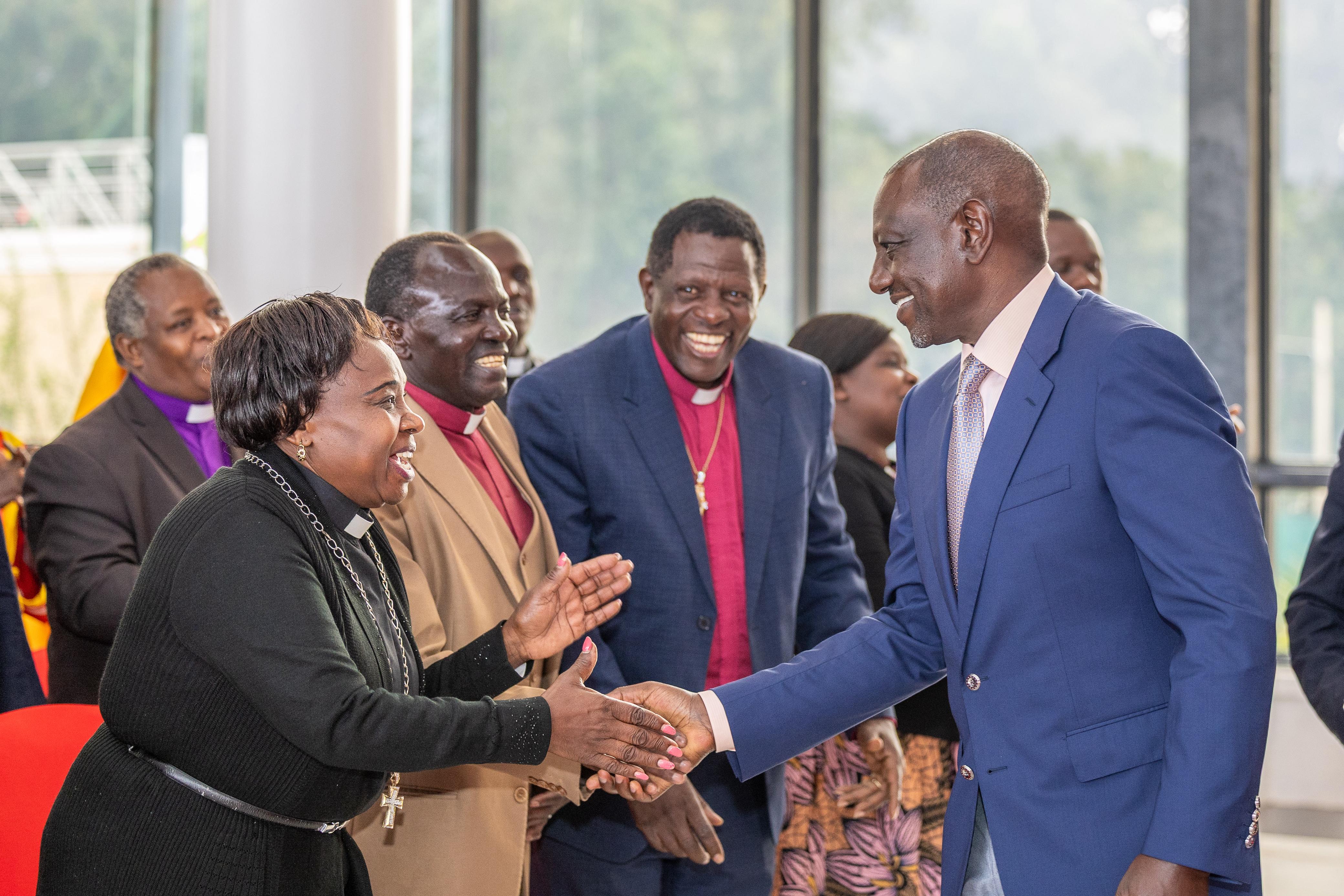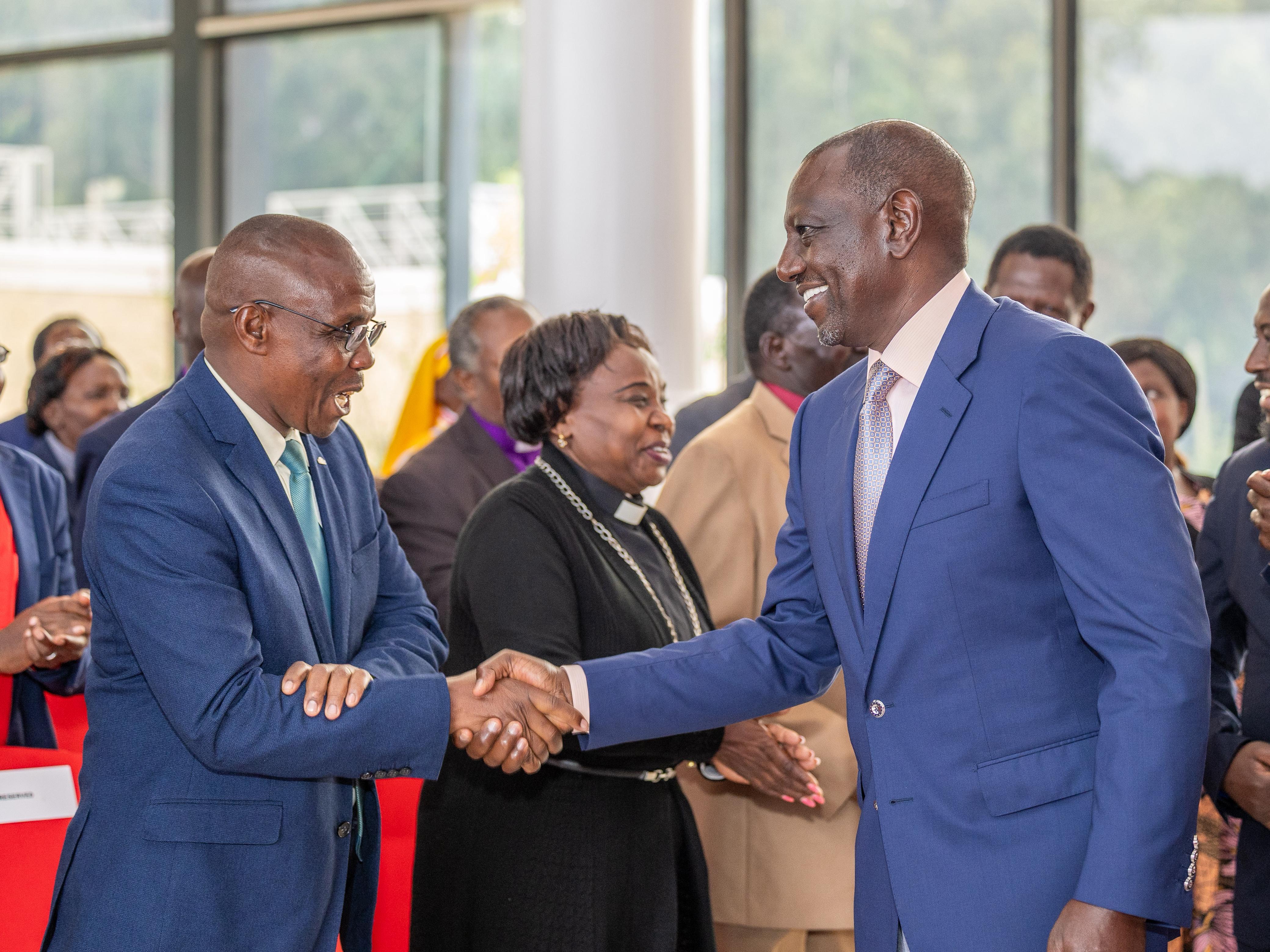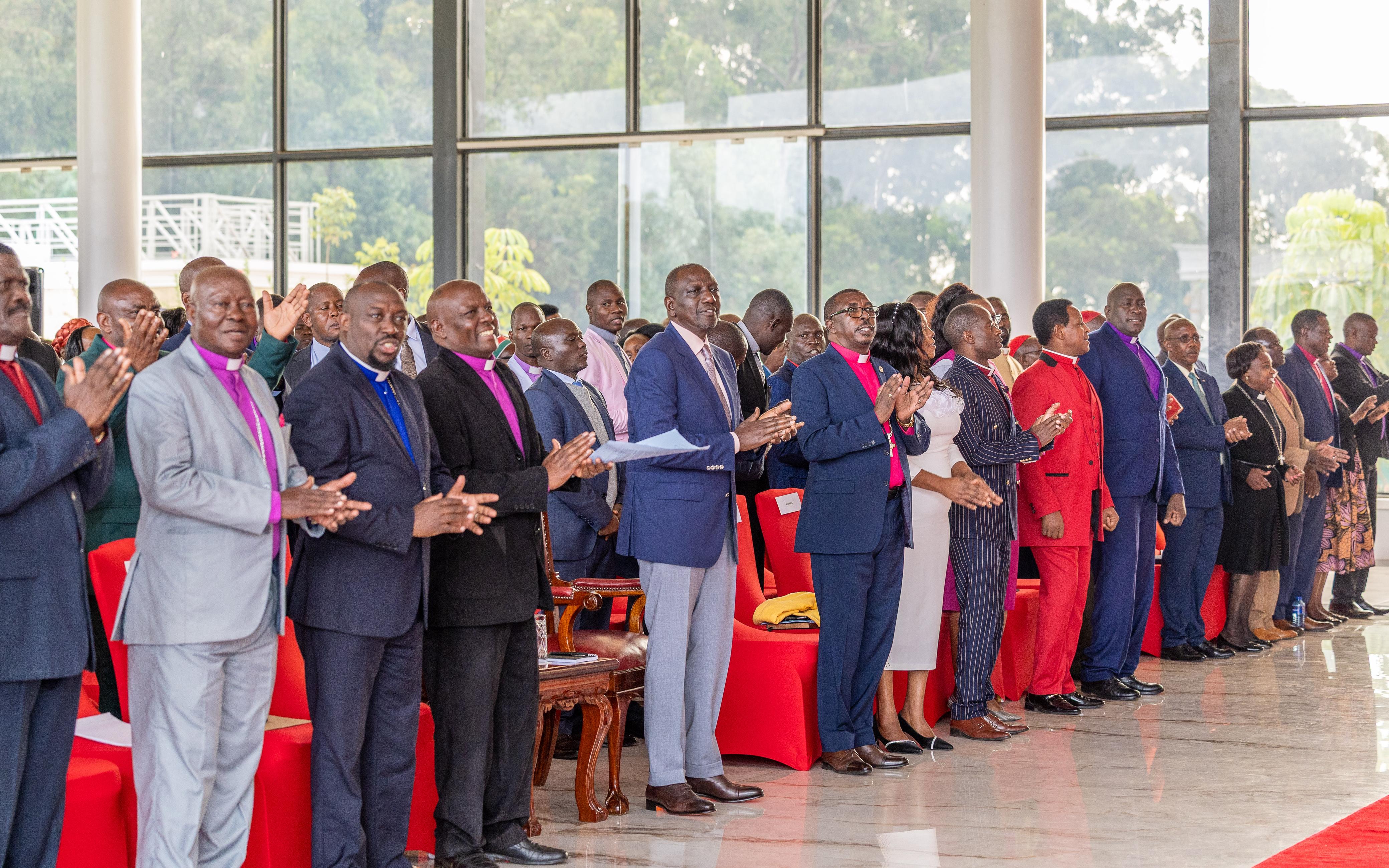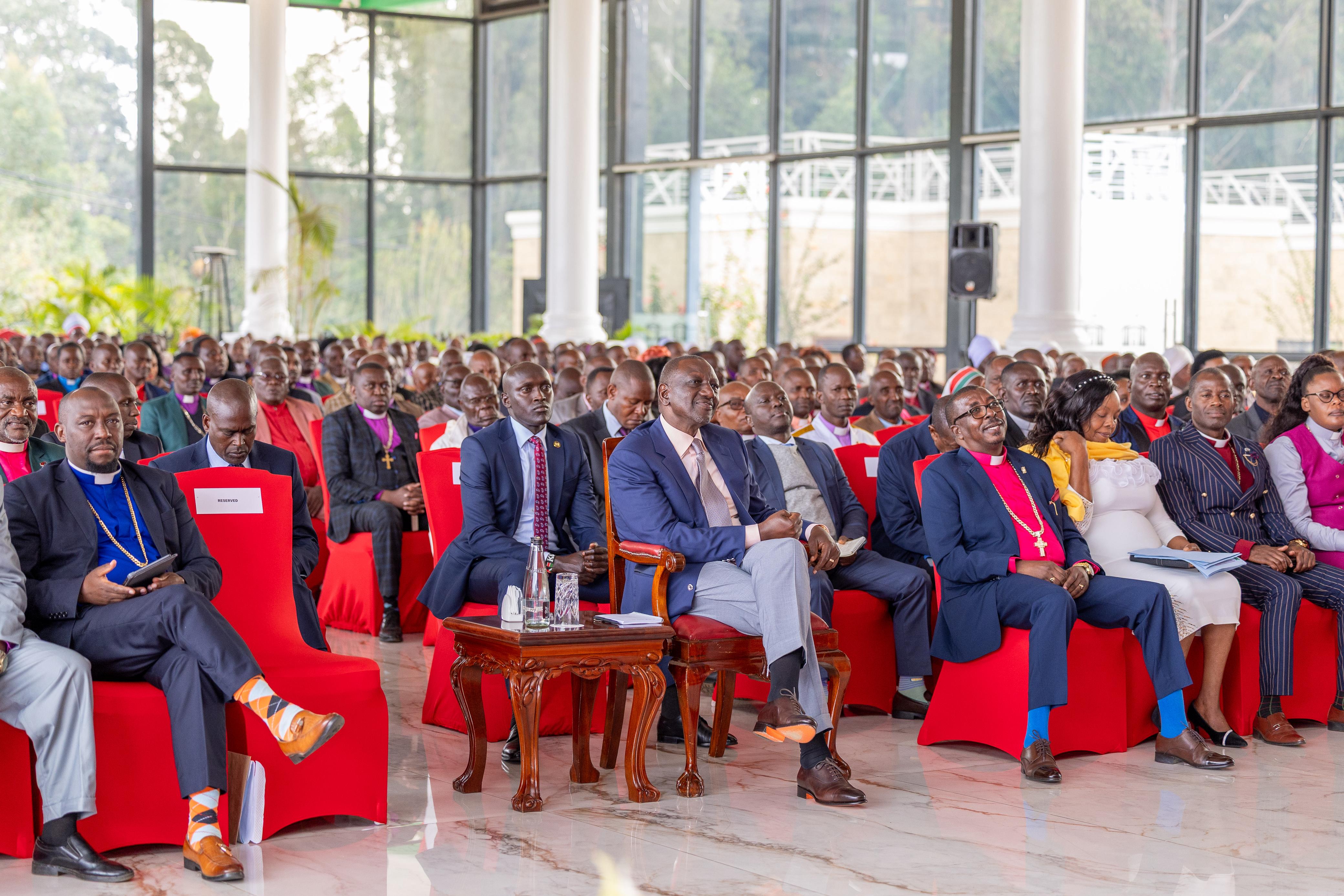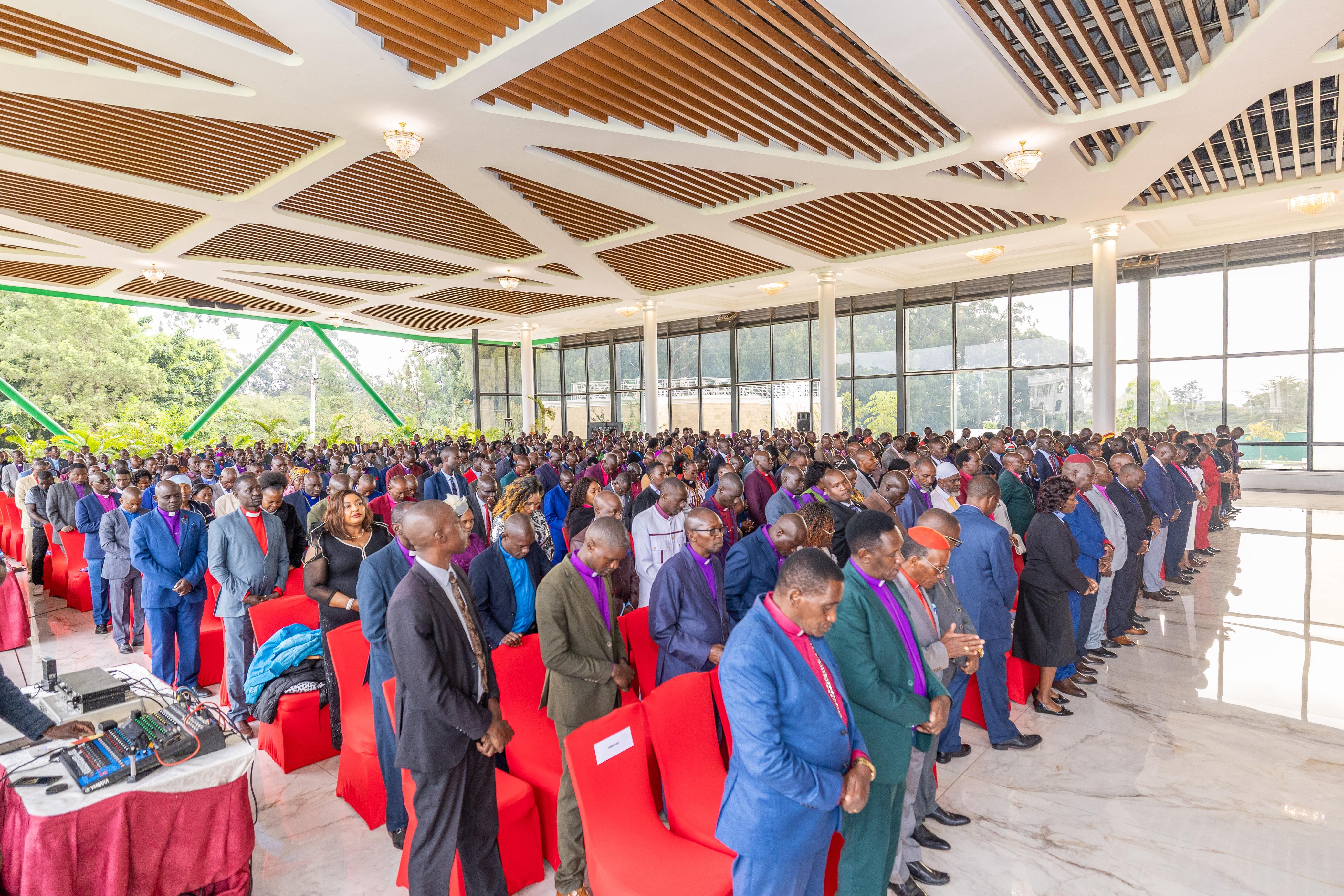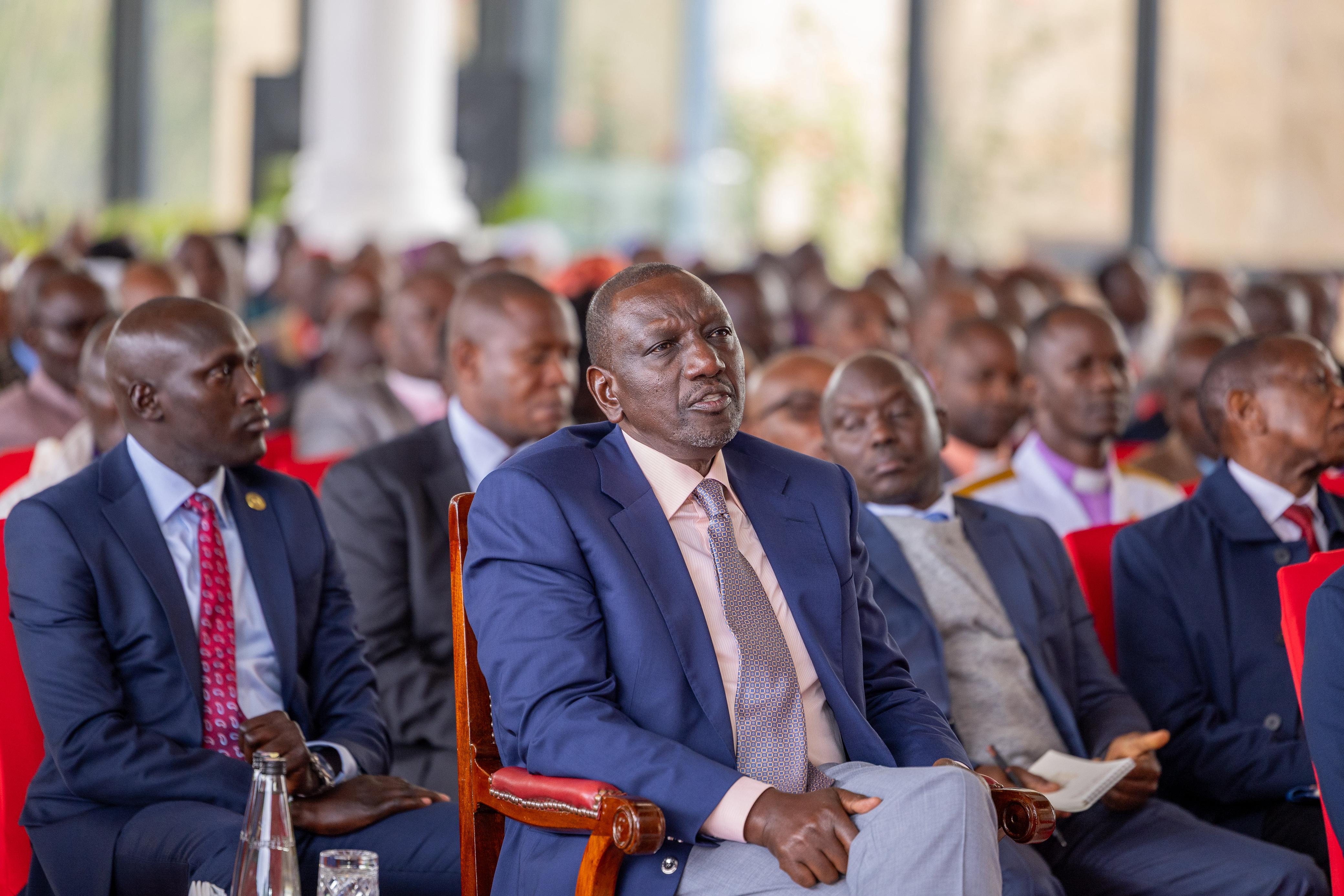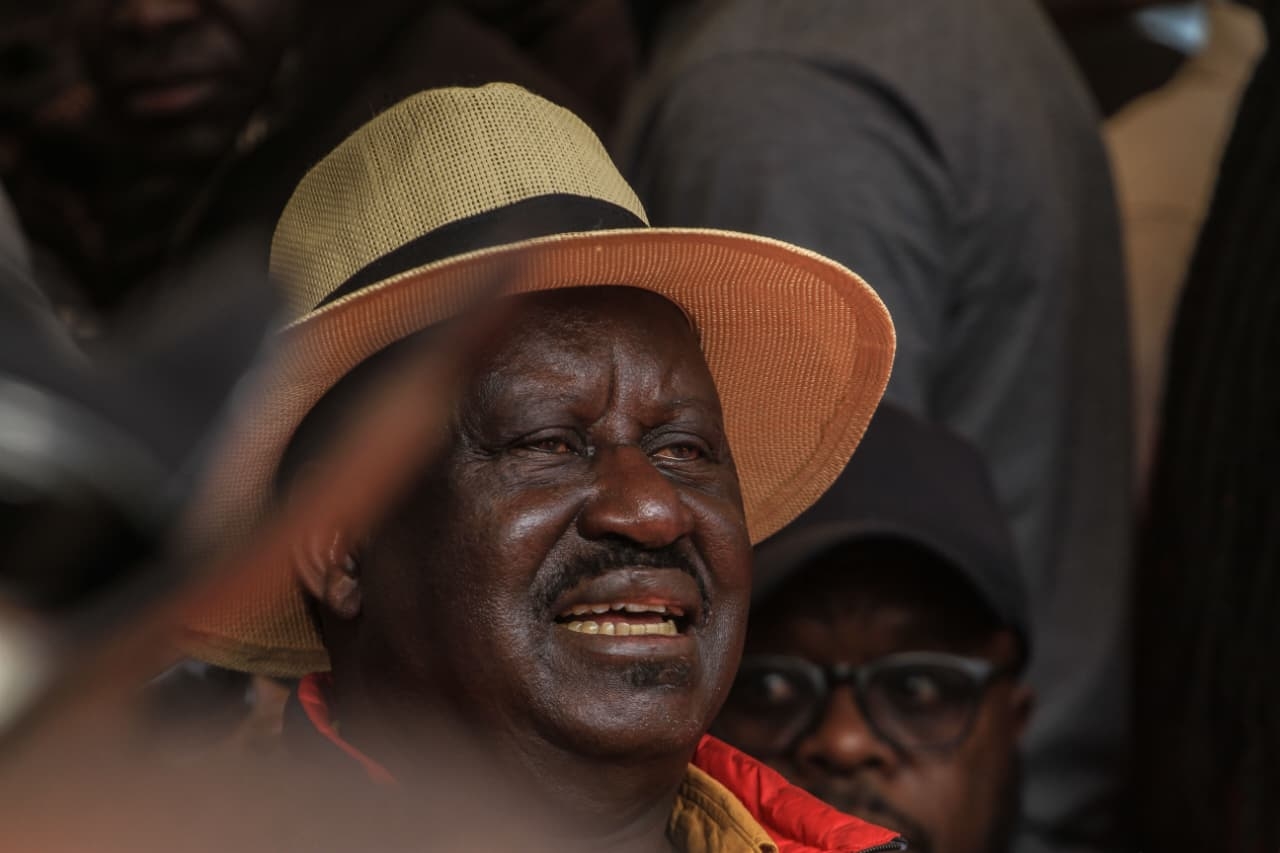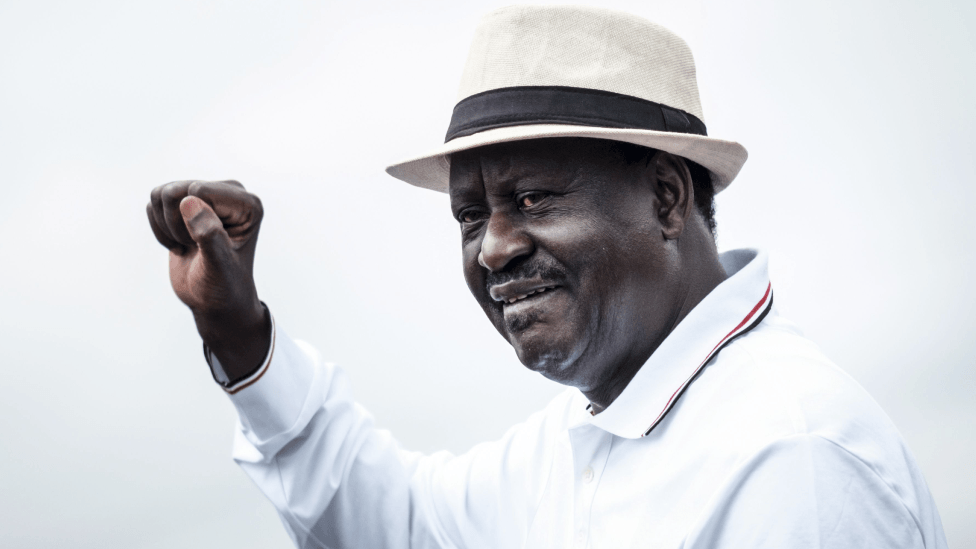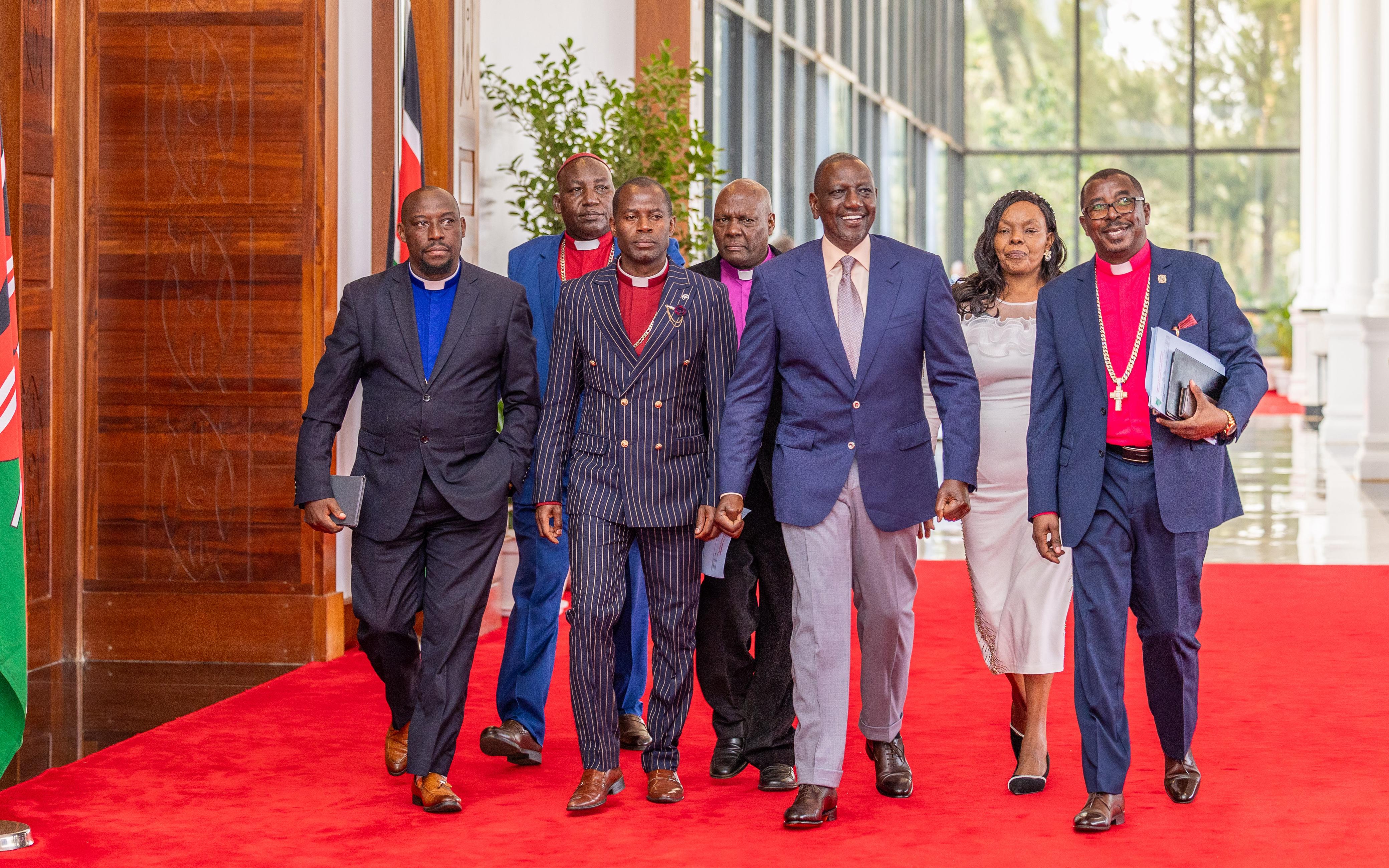
President William Ruto hosted a delegation of bishops, pastors, and evangelists from the Federation of Evangelical and Indigenous Christian Churches of Kenya (FEICCK) at the State House in Nairobi on Wednesday.
During the meeting, the President urged
religious leaders to refrain from actions or rhetoric that could incite the
youth, especially in the current climate of growing public discontent.
“Leaders must resist the urge to incite the
youth. Instead, we must work together to find lasting solutions to the
challenge of unemployment,” Ruto said.
His remarks come in the wake of comments made by
some church leaders who appeared to sympathise with the recent Gen Z-led
protests that swept across the country.
While many of those church leaders called for peace, they also acknowledged
the frustrations being voiced by the youth.
Ruto maintained that his government is taking
tangible steps to address joblessness among young Kenyans.
He cited various programmes launched under his administration, including
labour mobility agreements that have seen 400,000 Kenyans take up jobs abroad
in the last two years.
“Here at home,” he added, “320,000 young
people are now engaged in the Affordable Housing Programme. Another 180,000 are
earning a livelihood through digital jobs offered at Jitume Labs in our
technical training institutions and at Tatu City’s Special Economic Zone.”
He also noted that the government is in the process of setting up digital
hubs across all 1,450 wards to expand employment and training opportunities for
youth further.
The President, who has regularly held
consultations with religious groups since taking office, reiterated the
church’s role as a key partner in nation-building and moral guidance.
“We must continue working together. The church
has always been a cornerstone of our society, and its role in shaping
leadership and offering counsel remains invaluable,” Ruto said.
Photos
from the event showed a cordial interaction between the Head of State and the
religious leaders, underlining the ongoing dialogue between government and
faith-based institutions.
